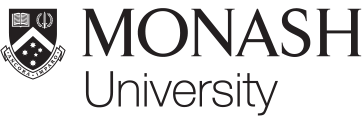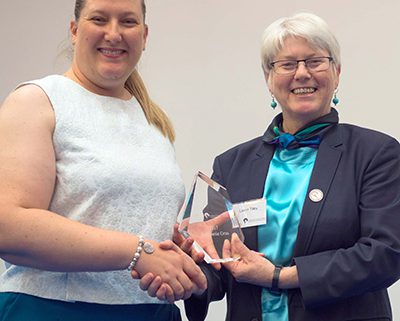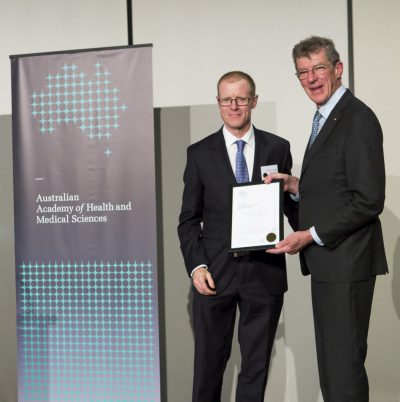Revealed: our cellular guardians
Everyone has a unique identity and awareness of ‘self’ – and this identity has a biological counterpart at the cellular level. This cellular ‘awareness’ is mediated by genes in the human leukocyte antigen (HLA) family, and these genes are the reason, for example, that transplanted organs are rejected unless efforts are made to match HLA types between donor and host.
HLA genes are the ones that vary the most between individuals, and they tag the surface of every cell in our body in a way that denotes precisely who and what we are as biologically individual.
There is, however, another side to these molecules, and it’s been an aspect that has baffled immunologists for decades.
Monash University researcher and Monash Health clinician Professor Richard Kitching explains that, normally, the immune system is trained to not attack ‘self’. Occasionally, this immune ‘tolerance’ breaks down and the result is a painful, life-changing or life-threatening autoimmune disease in which the immune system attacks and damages healthy tissue.
What has baffled immunologists, he says, is that certain HLA gene variants dramatically increase the risk of developing a particular autoimmune disease, while other HLA variants provide impressive levels of protection.
Now, Professor Kitching can explain the HLA effect on disease susceptibility with respect to Goodpasture disease – which was used as the research model – in which the patient’s immune system impairs kidney and lung function.
Even more importantly, the experimental systems developed during this research now provide an opportunity to develop better, cell-based therapies to protect against immune kidney diseases. The findings can also be used to test whether the new cell-based approach is applicable to other autoimmune diseases, including type 1 diabetes, rheumatoid arthritis, Crohn’s disease and multiple sclerosis, he says.




